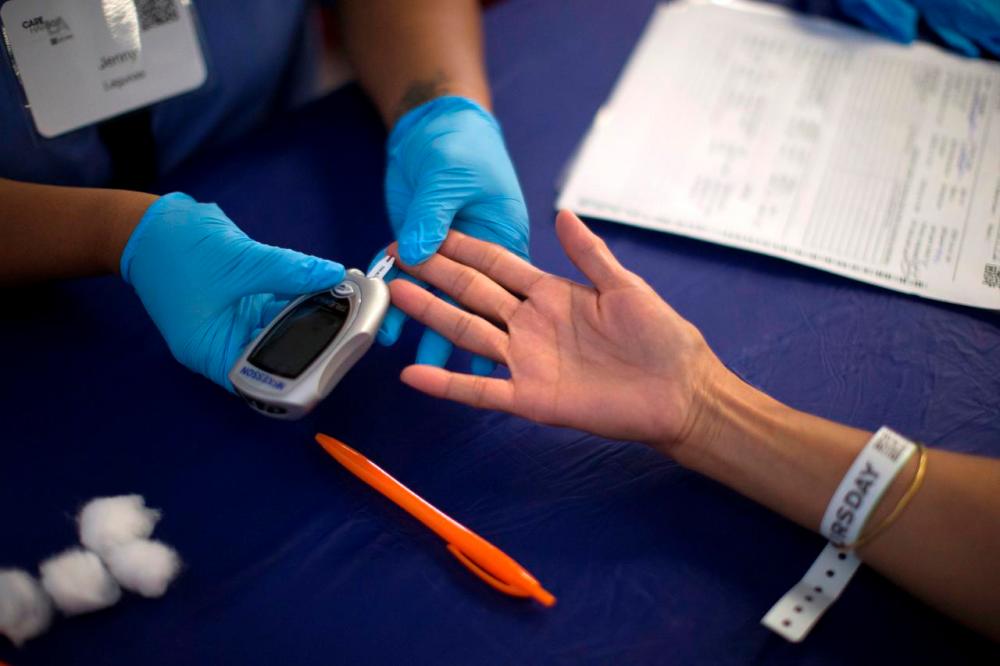KUALA LUMPUR: It is estimated that 30% of diabetic patients experience heart failure, thus increasing the risk of premature death, says Universiti Teknologi Mara’s (UiTM) consultant cardiologist, Assoc Prof Dr Sazzli Shahlan Kasim.
“The risk of heart failure among diabetic patients is three to eight times more than people with no diabetes due to high sugar level in the blood, being overweight, high blood pressure, smoking habit, high cholesterol level and lack of exercise.
“Even more unfortunate is that patients only realise of having heart problems five to 15 years after having been diagnosed with diabetes,” he told Bernama after being a panel speaker at the 11th Diabetes Complications Conference & Grand Round organised by the National Diabetes Institute (Nadi), here, today.
Sazzli Shahlan said heart failure involved two categories – heart failure with reduced ejection fraction (HFrEF) and heart failure with preserved ejection fraction (HFpEF)).
“For most cases of diabetes, HFrEF is not caused by blocked arteries as always experienced by patients with ordinary heart failure, but by high sugar level in the blood to the extent of resulting in HFpEF, making the patient weak.
“With high level of sugar in the blood and advanced glycation end products or AGEs (which are proteins or lipids that become glycated due to exposure to sugars), the heart will start to harden if the patient walks fast, climbs the stairs, is under stress or is having fever.
“In fact, for some cases, blood sugar level that is high will attack the nerves around the heart, causing the nerves to be dysfunctional and when the heart starts to deteriorate, the patient does not feel it.
“Therefore, to avoid heart failure, diabetic patients are advised to do periodic monitoring and to control the risk factors by practising a healthy lifestyle and having a balanced diet,” he said.
Sazzli Shahlan also stressed the importance of consuming low-calorie food but more fibre in the diet to lessen the chemical reaction, thus reducing the risk of diabetes and heart failure.
Meanwhile, Nadi permanent member, Prof Datuk Anuar Zaini Md Zain suggested that the government focus on reducing the glycemic index and carbohydrates in the food industry so as to lessen the risk of diabetes among the people.
He also urged the government to control the market price of food with low glycemic index and carbohydrates which are usually sold at a high price.
“Presently, people are paying a high price for health food as the manufacturers have raised the price by 20% to 30%.
“However, there is a constraint in the form of high expenditure to continuing the healthy eating culture,” he said, while calling on the industry players to encourage healthy eating and reducing the price of health food as a corporate social responsibility. — Bernama














